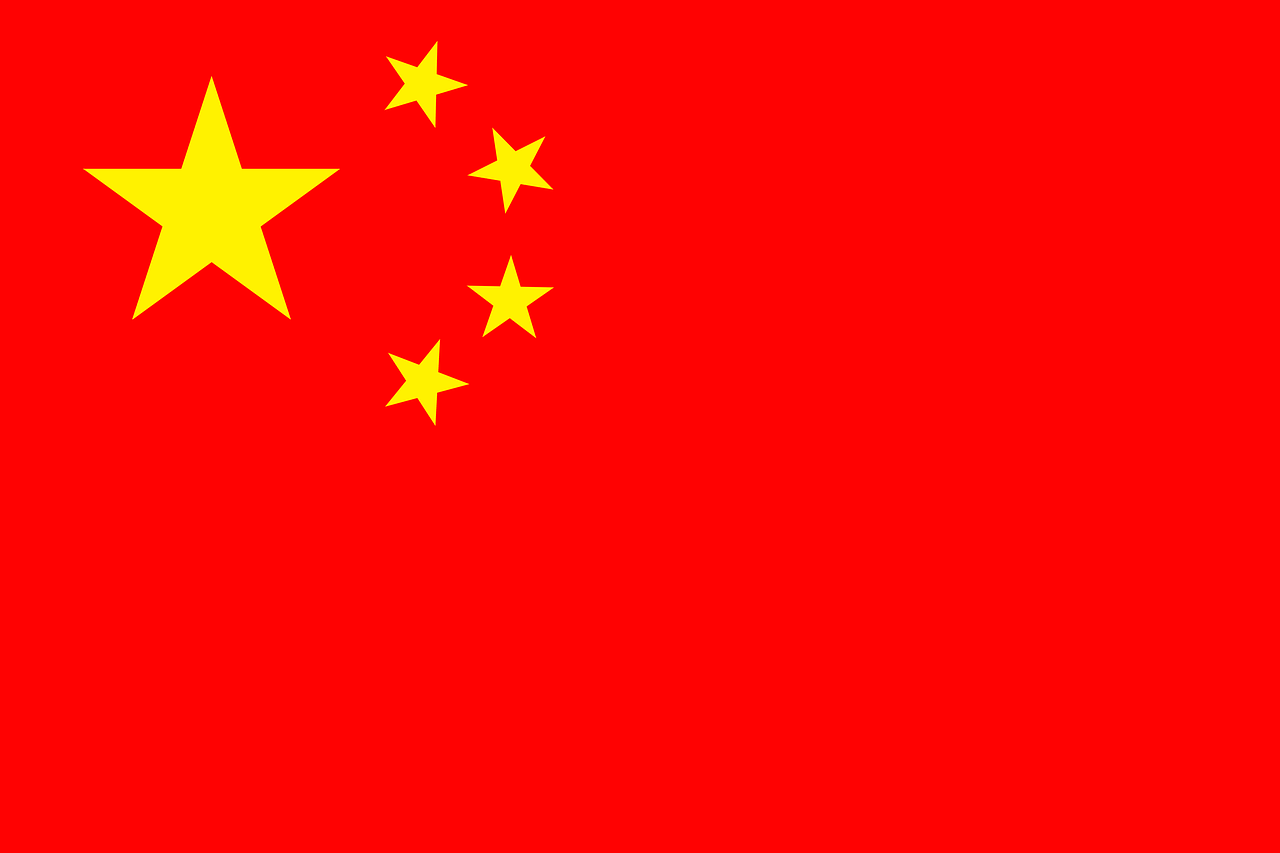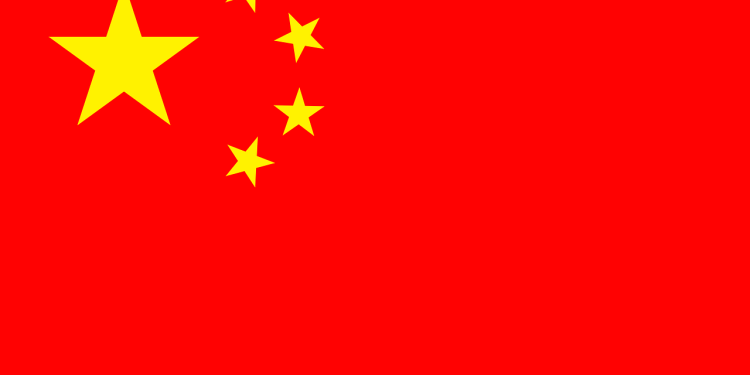At the World Artificial Intelligence Conference (WAIC) in Shanghai, Chinese Premier Li Qian announced plans to establish an international AI organization headquartered in China, positioning the country as a counterweight to US technological leadership. The proposal comes just days after theTrump administration unveiled its ownAI export strategy aimed at maintaining American supremacy in artificial intelligence.
Premier Li criticized what he called attempts to monopolize AI development, warning against the technology becoming “the exclusive game of a few countries”—a veiled reference to US export controls on high-end AI chips and chipmaking equipment. Instead, China pledged to share its AI advancements with developing nations (the “Global South”), framing itself as a champion of equitable technology access amid growing US-China tech rivalry.
While advocating for global AI cooperation, Li acknowledged critical challenges: AI chip shortages due to US sanctions and restrictions on talent exchanges. “Global AI governance remains fragmented,” he said, calling for a unified regulatory framework —a clear challenge to Washington’s current dominance in setting AI standards.

China’s Vice Foreign Minister Ma Zhaoxu revealed the proposed AI organization may be based in Shanghai, inviting over 30 countries, including Russia, South Africa, and Germany, to join. The government simultaneously released an AI governance action plan, promoting open-source collaboration and cross-border research.
The three-day summit featured over 800 exhibitors, including Huawei, Alibaba and Unitree Robotics and 40 large language model, 60 intelligent robots on display and speeches by AI pioneer Geoffrey Hinto and ex-Google CEO Eric Schmidt.
Notably absent was Elon Musk, a regular past attendee, asTesl faces growing competition from Chinese EV makers.
Why It Matters
With Nvidia chips banned and homegrown alternatives advancing, China’s push for anAI governance alliance signals a new phase in the tech cold war, one where Beijing aims to rewrite the rules of global AI development.

















